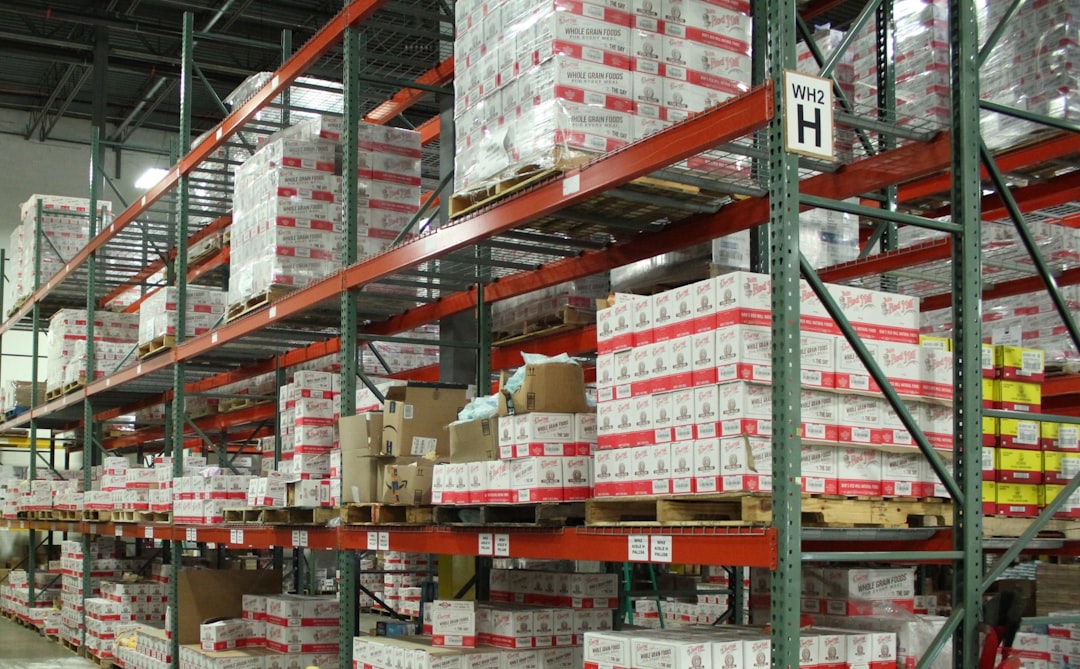If you’re a real estate professional, you’ve probably heard of LoopNet. It’s one of the top platforms for buying, selling, and leasing commercial properties. Now, imagine combining that with the ease and flexibility of WordPress. Sounds like a winning combo, right?
Well, it is! But only if you do it the right way. Let’s walk through the best practices for integrating LoopNet with WordPress. Don’t worry — it’s easier than you think.
Why LoopNet and WordPress?
Let’s break it down. LoopNet is great for listing properties. WordPress is amazing for building customizable websites. Put them together, and you get:
- A powerful marketing engine for your listings
- More control over your brand and how your listings appear
- Potential for better SEO and online visibility
But integration doesn’t happen automatically. There are a few methods, and we’re here to guide you through them.
1. Manual Embedding
This is the most basic way. LoopNet allows you to share listing links or embed them via iframe if the listing supports it.
Pros:
- Quick and simple
- No coding needed
Cons:
- Limited control over styling
- Can’t customize much
To embed, just take the iframe code LoopNet gives you and paste it into the HTML editor of your WordPress post or page.
<iframe src="https://yourlistingurl.com" width="100%" height="600" frameborder="0"></iframe>
Just like that, your LoopNet listing appears on your site.
2. Using Screenshots and Static Information
Sometimes, you want to show a snapshot of a listing without embedding anything.
Best practice: Take a screenshot of the property or use downloadable PDFs from LoopNet. Then upload them to your WordPress site, along with a brief description and a call-to-action link to the LoopNet page.

This keeps design flexible and can help performance, but remember, it won’t update automatically when the listing changes on LoopNet.
3. WordPress Plugins
This is where things get more exciting. Certain real estate plugins made for WordPress can help display listings professionally. While there’s no official LoopNet plugin, you can use general property listing plugins like:
- Essential Real Estate
- Estatik
- Real Estate Manager
Pro Tip: Use these plugins to build your own property listing pages, and link each to its LoopNet page.
This gives you the best of both worlds. You maintain visual control, while leveraging LoopNet for lead generation.
4. API Integration (Advanced)
If you or your developer has some coding chops, you can get really creative.
LoopNet doesn’t have a public API for all users, but they do offer solutions for enterprise clients. If you’ve got access, you can build automated listing updates on your WordPress site. This means every time you post on LoopNet, it automatically shows up on your site too.
Sound complicated? Here’s a simple overview:
- Secure API access from LoopNet
- Write code that fetches listing data
- Display listings dynamically using custom WordPress templates
This method gives full control and automation power. But it also means needing a developer…
or becoming one!
5. SEO Best Practices
Most people forget this part. Even if you’re using LoopNet listings, your WordPress pages can still rank on Google.
Here are a few friendly SEO tips:
- Write unique descriptions for each property
- Use keywords specific to the location (like “Office Space in Chicago”)
- Add meta descriptions and title tags using an SEO plugin like Yoast
- Use alt text and captions for property images

This helps your site get discovered — not just your LoopNet listings.
6. Design Tips for Integration
Let’s talk looks.
Your WordPress site’s layout can make or break a user’s experience. Here’s how to make LoopNet listings feel native to your site:
- Use consistent fonts and colors
- Place listings on a dedicated page or landing section
- Include real photos, not just map views
- Add contact forms near each listing
Bonus Tip: Install a sticky header with your phone number. Make it easy for people to call you after browsing a property!
7. Mobile Optimization
Over 60% of people browse real estate on their phones. That’s huge!
What you need to do:
- Test your WordPress theme on mobile (use mobile-friendly themes like Astra or Kadence)
- Use image compression plugins to make pages load fast (like Smush or ShortPixel)
- Make sure your LoopNet embeds resize properly on small screens
If your site looks weird on mobile, you could be losing leads.
8. Updating Listings Regularly
Dead links and outdated properties? Big no-no.
Make a habit of reviewing your site weekly. Remove listings that are sold or leased. If you’re embedding LoopNet listings, check to be sure they still work.
You can also create a form on your site for agents to submit updates. This keeps everyone on the same page.
9. Create a Property Directory
If you have multiple listings, make them easy to browse.
Add filters to your property listing pages such as:
- Location
- Price range
- Property type
Most WordPress real estate plugins support this. Visitors love being able to sort quickly.

10. Driving Traffic to Your Listings
A great site is only helpful if people see it.
Ways to get traffic to your integrated site:
- Share listings on social media
- Create blog posts for new properties
- Run Google Ads campaigns
- Include your website on your LoopNet profile
Your goal: Turn your LoopNet page and your WordPress site into a lead-generating team.
Final Thoughts
Combining LoopNet and WordPress is all about balance. Use LoopNet’s reputation and reach. Use WordPress to customize, brand, and present properties in your unique style.
Start simple. Maybe just embed a single listing. Then take it up a notch with plugins or even APIs over time.
With the tips above, you’ll be on your way to turning visitors into happy home (or office) hunters — and happy clients for you!
Now go grab that open-house coffee and hit “publish.” The real estate world is waiting 🏢✨